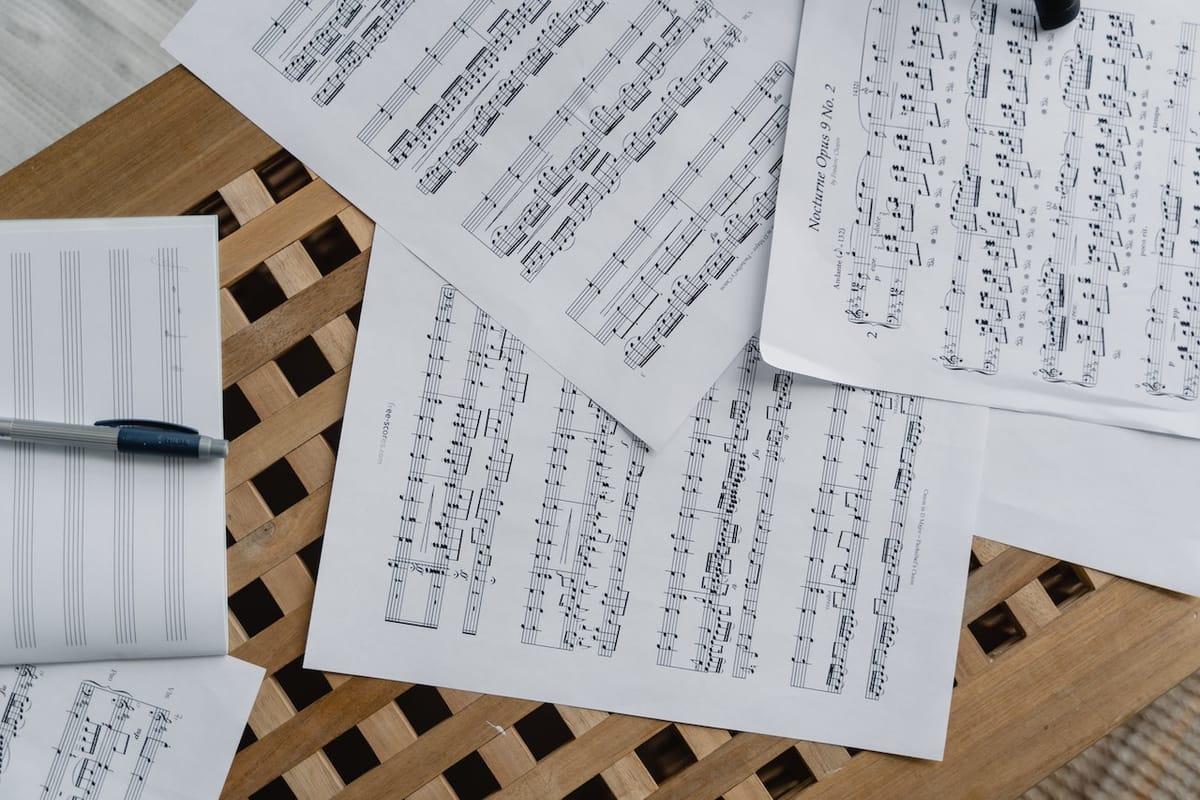Classical Music for Writing at Home and Classroom

A few decades ago, the so-called Mozart Effect was all the rage, and classical music experienced one its most spectacular revivals, with parents across the country rushing to buy Mozart music to help their children become baby geniuses. Like all good things, the trend for classical accompaniment for childhood activities faded, but it did not disappear entirely. Indeed, while the Mozart effect was overstated, there is still good reason to consider playing classical music when you write, both at home and in the classroom. As we’ll see in this article, classical music has a number of benefits, even if it isn’t the magic genius pill some tried to market it to be.
So, why should you start listening to classical music while you write? Let’s take a look.
What Is Classical Music?
Classical music has many definitions but generally refers to the tradition of formal music as developed in Western culture. While classical music continues to be composed today, in general, when we talk about classical music, we are usually discussing compositions made in the eighteenth, nineteenth, and early twentieth centuries, before popular music superseded classical music as the major form of musical expression in Western culture. The tradition has its origin in medieval musical practices but is generally agreed to have taken shape during the Baroque period (1580-1750). The classical tradition is sometimes conflated with the Classical Period of music, which lasted from 1730 to 1820 and featured the most important masters of the Classical tradition, including Mozart, Beethoven, and Haydn. However, while this period is often seen as the highest achievement of Western music, the succeeding Romantic period (1800-1910) also produced more than its share of masterpieces. Only after World War II did audiences begin to prefer Classical and Romantic period pieces to contemporary music, in large measure due the rise of radio and recorded music, thus cementing the notion that classical music is old.
The Mozart Effect
Classical music from the eighteenth and nineteenth centuries lost its copyright protection long ago. As a result, it was free to use and thus became the go-to soundtrack for movies, radio shows, early sound recordings, and later TV. It is also closely tied with opera, an art form closely associated with high culture and wealth. The widespread association of classical music with the arts, particularly highbrow shows looking for free music, helped to create a close tie between classical music and intelligence. By the 1990s, this cultural association led scientists to ask whether classical music wasn’t just favored by smart people but actually made people smart.
In 1993, a short study looked into the impact of playing Mozart’s music for 15 minutes before performing special reasoning tasks. Frances Rauscher, Gordon Shaw, and Catherine Ky played Mozart and then asked their research subjects to fold paper and complete a maze. In a study they published in Nature, they concluded that Mozart’s music enhanced spatial reasoning for a short period of time. However, they added that this had no implications for overall intelligence. Nevertheless, the media sensationalized the claim as Mozart making people smarter, in which form it entered popular culture, eventually expanding to include all of classical music.
Of course, the Mozart Effect doesn’t help someone with the actual process of writing a paper. For that, professional essay writers from a company like Smart Writing Service provide the help college students need with their writing. When you need an extra boost to help you get through the toughest college essays, using the services of professional essay writers can give you an edge. Professional writers can do much more than classical music to show you the right way to approach any topic, research it with the highest quality sources, and develop a powerful essay.
Music While You Write
So, if classical music doesn’t automatically make you smarter, what is the benefit of listening to classical music while you write? There are several benefits to using music to help you write. Overall, there are three major benefits that you can count on when you turn on classical music before you start writing:
- Increases your focus. When you write, you need to be able to focus on the writing in front of you, not on the world around you. When you play classical music, it can help to drown out distractions, creating an aural wall around you that you can use to block out unwanted sounds and help you keep your attention where it needs to be. Classical music is especially good for this because it is largely without lyrics, making it less likely to distract you while you work than pop music, where lyrics are a major feature.
- Set the pace for your writing. The tempo of the music you are listening to can impact the pace at which you write. Listening to faster music can help you to write more quickly, while listening to slower music can help you to think more deeply about your subject. Choosing the music that works best for the type of writing you are doing will help you keep the right pace.
- Sets the right mood. Especially for creative writing, having the right mood is important for getting into the emotional headspace for what you are writing. Matching classical pieces with the mood you are going for will help you to think and write with the correct emotions (and emotional intensity) for your topic.
In conclusion, I would like to say that classical music plays an essential role while writing academic essays and other assignments at home and in the classroom. So, if you want to succeed in writing, follow our above-mentioned tips and tricks to write an impressive paper in college.





